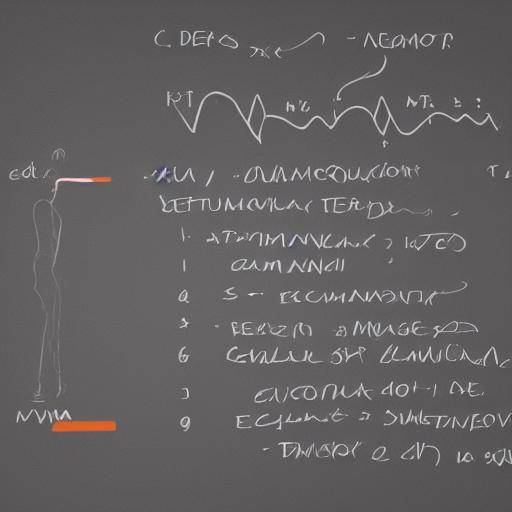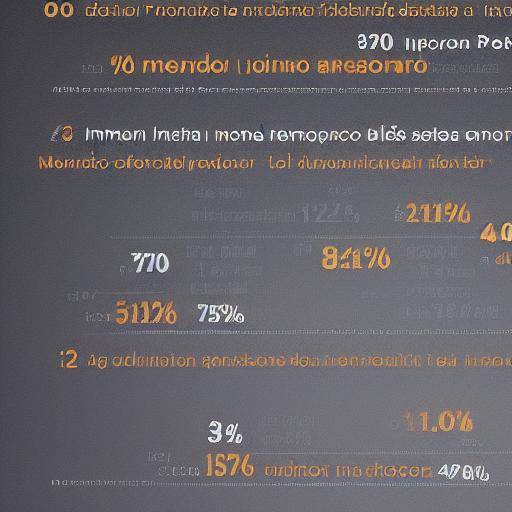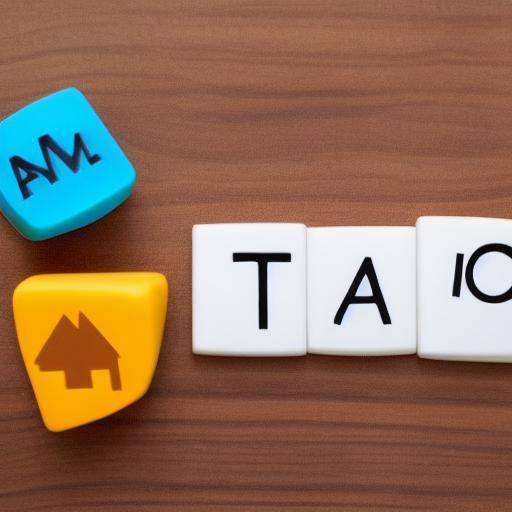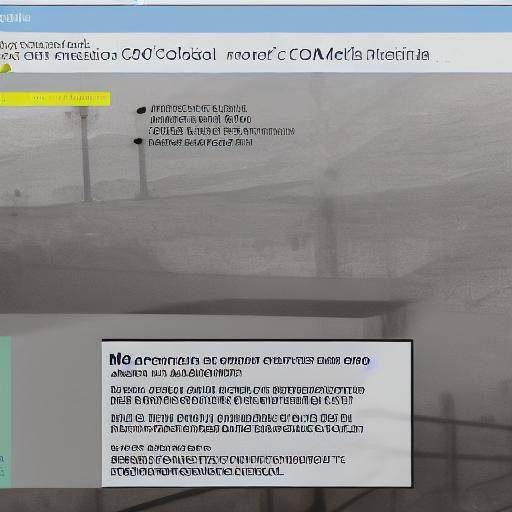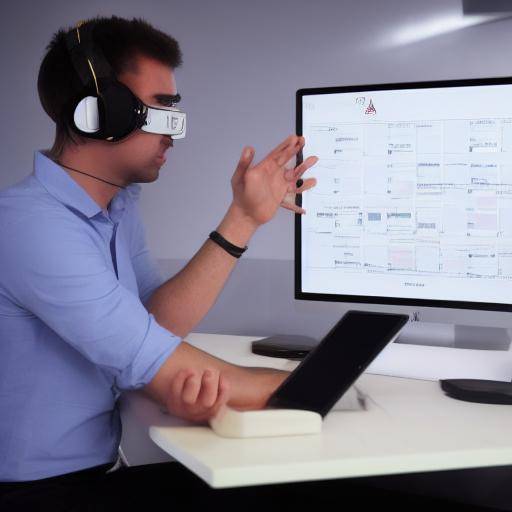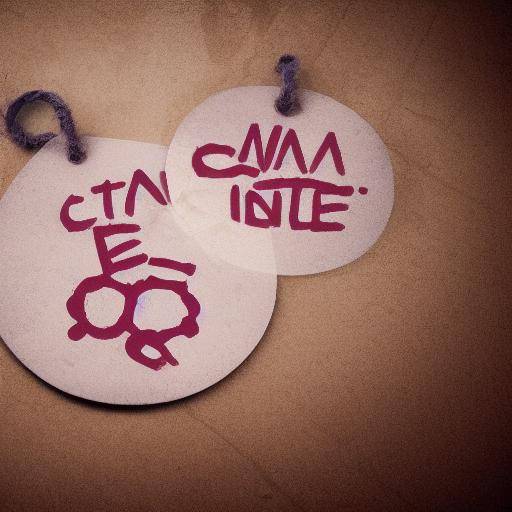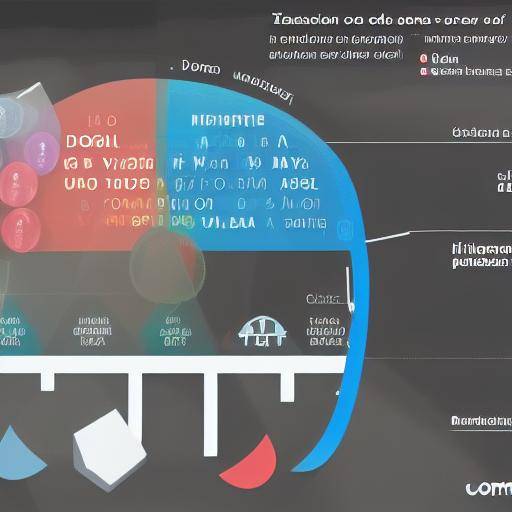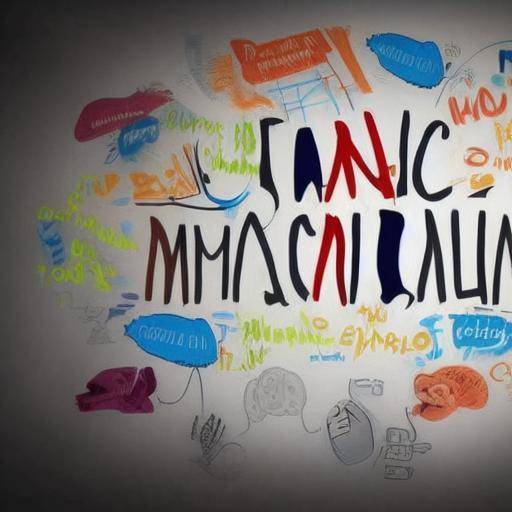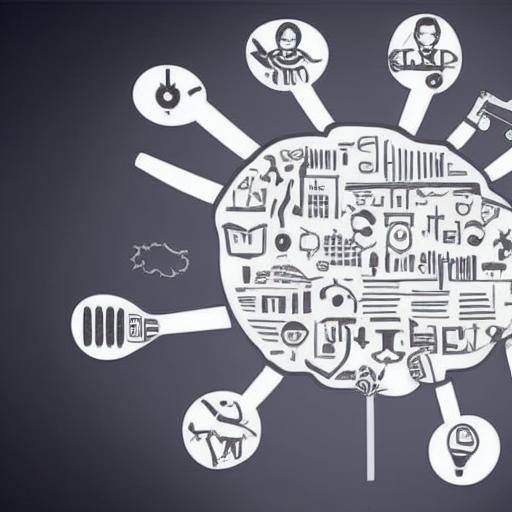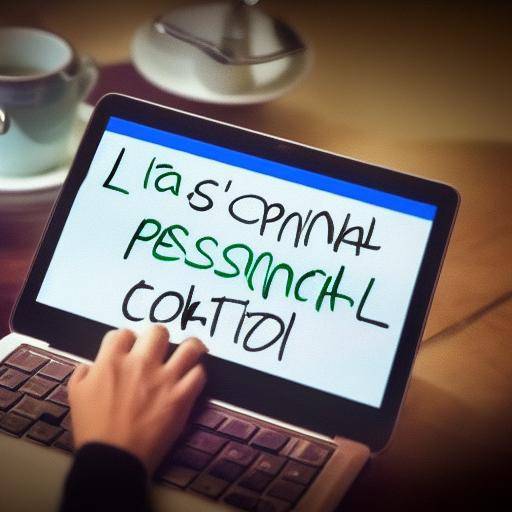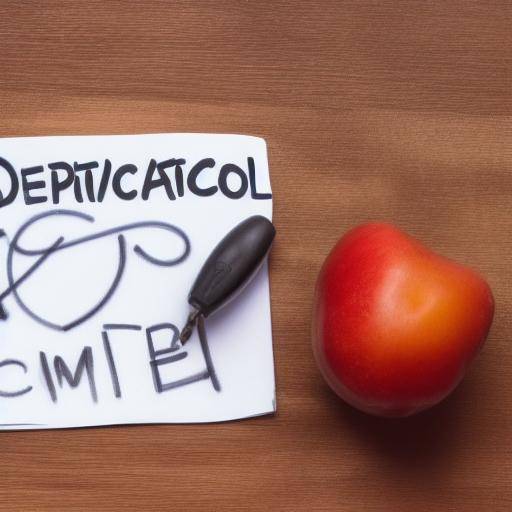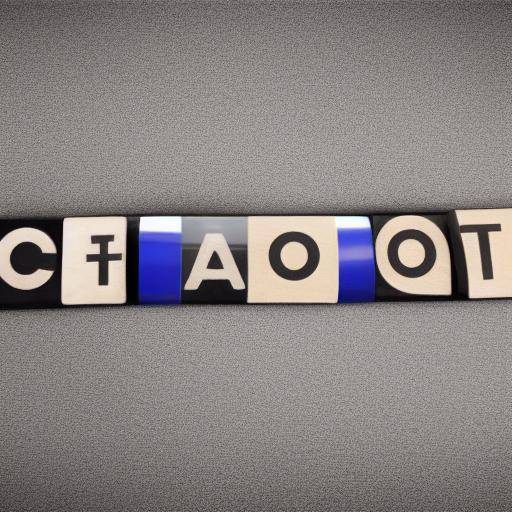
Introduction
Decisions are an integral part of life in all its aspects, both personal and professional. But what happens after making a decision? Post-decisional evaluation is the key to learning from our past choices and improving futures. In this article, we will explore in detail the importance of post-decisional evaluation in the context of decision-making and learning. We will find out how this evaluation can influence the results and how it can positively impact our lives.
History and background
Post-decisional evaluation has its roots in psychology and decision-making theory. Throughout history, various currents of thought have addressed this issue. From studies by psychologists such as Daniel Kahneman and Amos Tversky on cognitive biases to Herbert Simon's limited rationality theories, he has deepened how decisions affect our lives.
In business, post-decisional evaluation has gained relevance as organizations seek to maximize efficiency and reduce errors. It has become a key tool for improving decision-making processes and fostering continuous organizational learning. Over the years, post-decisional evaluation has evolved, integrating new methodologies and technologies to ensure their effectiveness.
In-depth analysis
The post-decisional evaluation offers many benefits, from identifying patterns of behavior to encouraging critical reflection. By analyzing and reflecting on our past decisions, we can improve our judgment, stimulate creativity and promote self-knowledge.
However, post-decisional evaluation is not without challenges. The tendency to justify our decisions, fear of failure or lack of objectivity are common obstacles. Overcoming these challenges requires a conscious and systematic approach to learning from each experience.
Currently, post-decisional evaluation has gained relevance in various disciplines, including business management, psychology, education and political decision-making. Organizations seek to integrate this practice into their processes to ensure informed and evidence-based decision-making.
Comprehensive review
By exploring the applications of the post-decisional evaluation, we can understand how this methodology has been translated into tangible results. Case studies in business environments demonstrate how critical thinking and past decision-making have led to significant improvements in future decision-making. In addition, the integration of post-decisional evaluation in the educational field allows students to develop critical thinking skills and self-assessment.
Despite its importance, post-decisional evaluation is often overlooked. In a world characterized by immediacy and urgency, critical reflection and detailed analysis can be left in the background. However, fostering a post-decisional evaluation culture can make the difference between success and stagnation.
Comparative analysis
By comparing post-decisional evaluation with decision-making and learning, we can identify their intersections and differences. While decision-making focuses on the process of choice and learning in knowledge acquisition, post-decisional evaluation acts as a bridge between both, allowing feedback and adjustments.
These concepts, as a whole, form a continuous cycle of improvement and growth. Informed decision-making drives learning, and continuous learning enriches decision-making. The post-decisional evaluation, in turn, nourishes this cycle by providing valuable insights and lessons that contribute to constant evolution.
Practical advice and recommendations
To effectively integrate the post-decisional evaluation into our lives, it is essential to adopt some practical approaches. Some tips include:
- Keep a personal record of decisions and results.
- Promote a constructive feedback environment in professional environments.
- Set specific moments for reflection and critical analysis.
- Find the opinion of third parties to obtain external perspectives.
By following these steps, we can transform post-decisional evaluation into a common practice that enriches our lives both on a personal and professional level.
Industry ideas and opinions
Experts in different fields have expressed their support for post-decisional evaluation as a valuable tool for growth and development. From cognitive psychologists to business leaders, opinions converge in the importance of learning from our past decisions.
"The post-decisional evaluation is essential to cultivate a culture of continuous learning in the organizations," says Maria Rodriguez, a talent management expert. "It allows companies to identify areas of improvement and encourages informed innovation and decision-making."
Case studies and practical applications
Case studies are tangible evidence of how post-decisional evaluation has transformed businesses, individuals and communities. From startups that have learned from their mistakes to consolidated companies that have improved their practices, the examples are varied and revealing. The practical application of the post-decisional evaluation is not limited to a specific context, but is universal in its relevance.
Future trends and predictions
The future of the post-decisional evaluation leads us to a culture in which learning from our decisions becomes a rooted practice. With advances in artificial intelligence and predictive analysis, the tools for evaluating decisions are evolving. The integration of post-decisional evaluation in automated decision-making and strategic management promises a significant improvement in the quality of our future elections.
Conclusion
Post-decisional evaluation is much more than a retrospective analysis. It is a proactive approach to learning and growth. By adopting this practice, we can transform our mistakes into opportunities for improvement and our successes into lessons for the future. Critical reflection and conscious introspection will guide us to more informed decisions and a path of continuous learning.
Frequently asked questions
How can I start implementing the post-decisional evaluation in my daily life?
To start, it is useful to keep a personal record of your decisions and results. Set specific moments to reflect and analyze your past choices. It also seeks feedback from trusted people to obtain external perspectives.
Can post-decisional evaluation be applied in business environments?
Absolutely. Post-decisional evaluation is especially beneficial in business environments. It promotes a culture of continuous learning and improves informed decision-making at all levels of the organization.
What is the difference between post-decisional evaluation and repentance?
The post-decisional evaluation focuses on the objective analysis of past decisions in order to learn and improve. Repentance, on the other hand, is burdened with emotions and remorse by past decisions.
Does the post-decisional evaluation always ensure better decisions in the future?
While there is no absolute guarantee, post-decisional evaluation significantly increases the likelihood of informed decision-making and continuously improves our ability to choose.
Can post-decisional evaluation help overcome fear of failure?
Definitely. By adopting a continuous learning mentality, post-decisional evaluation allows us to see failure as an opportunity for growth and development.
Is post-decisional evaluation only retroactive or can it influence present decisions?
While post-decisional evaluation is based on past decision analysis, its findings and learnings can significantly influence the present decisions, allowing us to adjust our approach and consider different options more clearly.
With this, we conclude our exploration of the importance of post-decisional evaluation. By adopting this practice, we can transform our decisions into opportunities for continuous learning, thus fostering sustained personal and professional growth.




